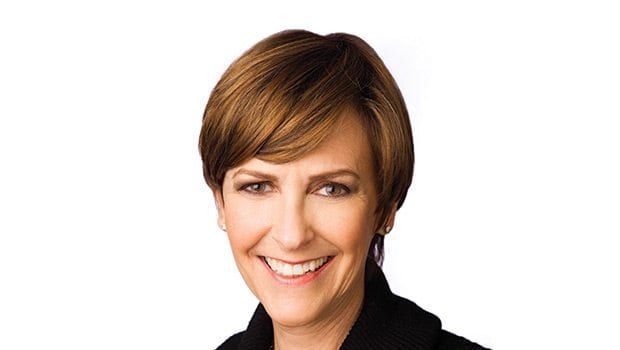Defining company culture
Legal Advice for A small-business owner, his man-cave and the EEOC

Starting your own business can be both thrilling and terrifying. Most entrepreneurs are confident that they possess the skills and knowledge to provide their products or services. But when it comes to the business operation, many owners think, “It’s my shop and I will run it the way I choose.”
Rudy always loved cars. For many years, he worked for By-The-Book Auto Services. He learned a lot and loved his co-workers, but he hated all of the rules. There was a policy for everything: discrimination, harassment, dress code, alcohol and attendance, just to name a few. The boring training sessions on discrimination and harassment were a total waste of time.
When Rudy decided to start his own auto service company, it was going to be a cool and fun place. He didn’t need rules to tell employees how to behave, because he had a fail-proof plan: he would hire his friends, who were all “good guys,” like himself. Everyone would behave, work hard and do good work.
Rudy’s new company, Guy’s Mechanics, initially hired only mechanics that he knew from his poker club — “The Dudes.” As the business grew and needed more workers, Rudy relied on his buddies to refer their friends. This worked great, as they all spoke the same language and had the same background. But over time, there were more and more jokes about women, gays, ethnic and religious groups. Rudy wasn’t happy about this, but he was against making rules and the shop was making a lot of money.
So, instead of fixing the problem, Rudy made the problem worse. He told qualified job applicants from different backgrounds that he couldn’t hire them, because “it wasn’t a good fit.” When Rudy needed an office staff, he hired women, but he warned them that it could be a “rough” environment and that they needed to have a “thick skin.”
Complaints are filed
All was well for a while, until a few rejected but qualified job applicants filed a complaint with the Equal Employment Opportunity Commission. Then, two of Rudy’s office staff complained about all of the sexual jokes. He responded by firing them, since he had told them that it would be a rough place to work. They also filed a complaint with the EEOC.
The EEOC charged Rudy and Guy’s Mechanics with discriminatory hiring practices, sexual harassment and retaliation. When Rudy called his lawyer, he learned that an employer in a similar situation had been sued by the EEOC just last year and had settled by paying $415,000 in money damages. The EEOC also required the company to correct its illegal practices, conduct harassment training for all employees and submit regular reporting to the EEOC.
Guy’s Mechanics went through a difficult period. Rudy realized that by avoiding all those rules and policies that he hated in his prior job, he had created a workplace “man-cave,” without intending to do so. This allowed sexual harassment to flourish in his company’s work environment. In addition, his response of excluding people of other colors and ethnic backgrounds, women, gays, disabled workers, and other minority groups, was in violation of state and federal discrimination laws.
Along with paying a hefty fine to the EEOC, Rudy instituted policies, procedures and training to ensure a workplace that was free from discrimination and harassment. He prohibited his employees from telling off-color jokes and from discussing matters relating to sexuality, gender and ethnicity. He also opened up his hiring practices, which resulted in getting even better mechanics.
Rudy learned an expensive lesson. If you do not create and instill the culture for your company, your employees will do it for you, and you probably will not be happy with it. Define your company’s culture at the outset. Understand your legal obligations as a business owner, and provide your employees with leadership and guidance that reflect your core values.
Jan Glassman is the founder of Daily General Counsel™, www.DailyGeneralCounsel.com, a Boston-based startup that provides very affordable legal services to small businesses and startups that otherwise could not afford a highly experienced business lawyer and would “go it alone.” DailyGC™ lawyers spend a full business day at their clients’ places of business, working directly with owners to resolve their most pressing sales, operations, employment and other legal/business problems. Prior to founding DailyGC™, Jan was General Counsel for a national management consulting firm that served small businesses throughout the United States. Follow Jan Glassman on Twitter @DailyGC
This column appears in our May issue of Banner Biz which you can read here.







